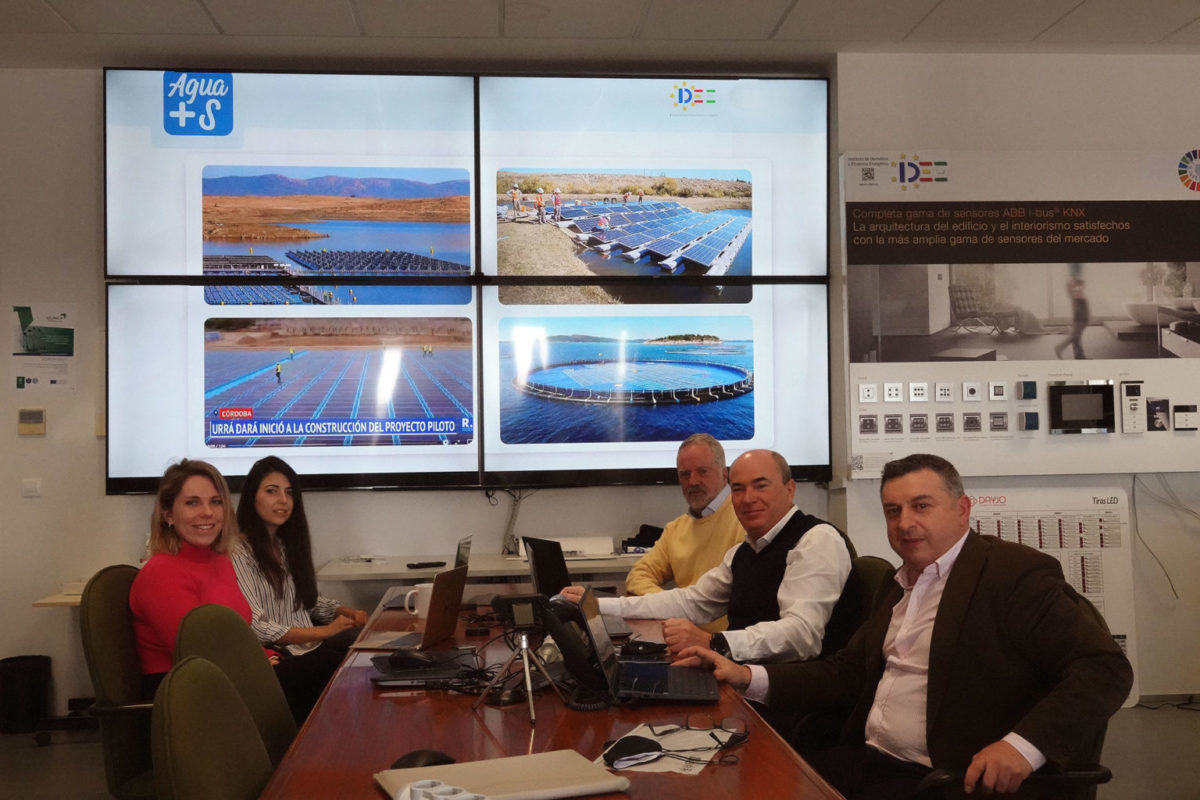From pv magazine Global
The Institute of Home Automation and Energy Efficiency and the University of Malaga (UMA), in Spain, are developing a circular economy project to improve water supply in southern Spain via solar-powered water desalination.
Named Agua+S, the research project is aimed at combining a desalination plant, a pumping station network, and an onshore, floating photovoltaic plant in a single project design.
The desalination unit should be located near the sea at the mouth of a river, and the pumping station would be built in the riverbed and would transfer the water from the desalination plant to a swamp reservoir. The floating photovoltaic plant should be deployed on the water of a reservoir less than 20km from the sea, and should supply all the electricity needed to carry out the entire desalination process.
“Usually, desalinated water has to be mineralized, since consuming this pure water is detrimental to health. Therefore, we choose to pour it into a swamp reservoir where the mineralization process can be implemented,” explained researcher Salvador Merino.
According to the research group this is the first time that these three facilities have been combined together in a fully reproducible design that could be replicated in any river basin that has a reservoir and is close to the coast, to produce fresh water for both irrigation and human consumption.
“Agua+S would allow the production of 20 cubic hectometers (hm3) of water per year,” said Merino, noting that the project will rely almost entirely on existing water and electricity distribution networks.
According to its developers, the project could be implemented in less than a year at a cost of around €60 million. Its payback time is estimated at between three and four years. The brine generated by the desalination process will be used for the production of salt, chlorine and other chemical derivatives.
Authored by
This content is protected by copyright and may not be reused. If you want to cooperate with us and would like to reuse some of our content, please contact: editors@pv-magazine.com.








By submitting this form you agree to pv magazine using your data for the purposes of publishing your comment.
Your personal data will only be disclosed or otherwise transmitted to third parties for the purposes of spam filtering or if this is necessary for technical maintenance of the website. Any other transfer to third parties will not take place unless this is justified on the basis of applicable data protection regulations or if pv magazine is legally obliged to do so.
You may revoke this consent at any time with effect for the future, in which case your personal data will be deleted immediately. Otherwise, your data will be deleted if pv magazine has processed your request or the purpose of data storage is fulfilled.
Further information on data privacy can be found in our Data Protection Policy.